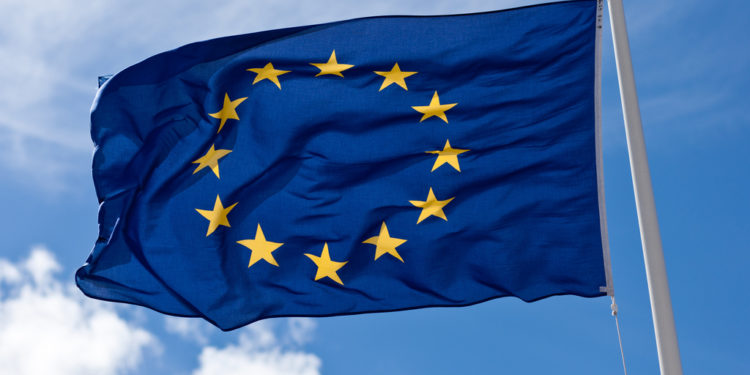The European External Action Service (EEAS) has responded to the Strasbourg Court’s recent judgement in the Russo-Georgian War Case, calling on Russia to “ensure the proper follow-up” of the court’s ruling.
“On 21 January, the European Court of Human Rights Grand Chamber issued a landmark judgement in the inter-State case concerning the armed conflict between Georgia and the Russian Federation in August 2008 and its consequences. The r ruling clearly concludes that after 12 August 2008 the Russian Federation, exercising effective control over South Ossetia and Abkhazia, violated several provisions of the European Convention of Human Rights” reads the statement issued by EEAS Spokesperson Peter Stano.
Stano also stressed that the European Union “firmly supports the independence, sovereignty, and territorial integrity of Georgia within its internationally recognized borders.”
Earlier this week, the Strasbourg-based European Court of Human Rights (ECHR) delivered its judgment on Russo-Georgian War Case, finding Russia in breach of the six articles of the European Convention of Human Rights, including loss of life, torture, disrespect of property and privacy occurring in Georgian breakaway regions of Abkahzia and South Ossetia.
In its verdict, the Strasbourg Court said that following the 2008 August War, the Russian Federation has continued to exercise “effective control” over Abkhazia and South Ossetia. The judges said they had enough evidence of a systematic campaign of burning and looting of homes in Georgian villages in South Ossetia and the “buffer zone”, which were accompanied by systematic abuses of civilians.
“The strong Russian presence and the South Ossetian and Abkhazian authorities’ dependency on the Russian Federation indicated that there had been continued “effective control” over South Ossetia and Abkhazia”, the judgement reads.
The ECHR also found Russia responsible for the actions by South Ossetian authorities leading to inhuman and degrading treatment of “some 160 Georgian civilians” in a basement of an administrative building in Tskhinvali without enough beds, basic health and hygiene standards- an act that also qualifies as torture.
The court found that Russia had failed to investigate human rights violations committed both during and after the war.
However, the court found that Russia was not responsible for violations committed by Abkhazian and South Ossetian forces during the phase of active hostilities from August 8 to August 12, including the looting and destruction of schools and libraries, intimidation of ethnic Georgian pupils and teachers, among others.
In 2008, Russia and Georgia went to a brief, five-day war over Georgia’s breakaway part of South Ossetia. In a bid to reinstate its territorial integrity, Georgia made a move to regain one of its two breakaway parts. Russia did not hesitate to intervene, first defeating the Georgian army in South Ossetia proper, and marching on towards the capital city of Tbilisi. The war was over in five days. Blaming Georgia for the start of hostilities, the Russian government recognized the independence of South Ossetia and Abkhazia (the other breakaway part of Georgia), stationing its troops in both territories. Georgia blamed Russia for instigating the conflict, occupying Georgia’s internationally recognized territories, and meddling in its domestic affairs.
Russia said it had to intervene to protect its citizens and peacekeepers from extermination.
Georgia submitted the case to the ECHR in August of 2008, in the immediate aftermath of the war.
President Salome Zurabishvili hailed the ECHR’s judgement as a “victory for the whole of Georgia.”
“Georgia is recognized as a victim of this war and it is a great achievement for our country. It is the basis on which we must build our future and unity”, Zurabishvili said.
Prime Minister Giorgi Gakharia said on Thursday that the ECHR’s verdict will lay the ground for a “new stage in the fight for the country’s de-occupation” and vowed to present a “new de-occupation plan in the nearest future”.














